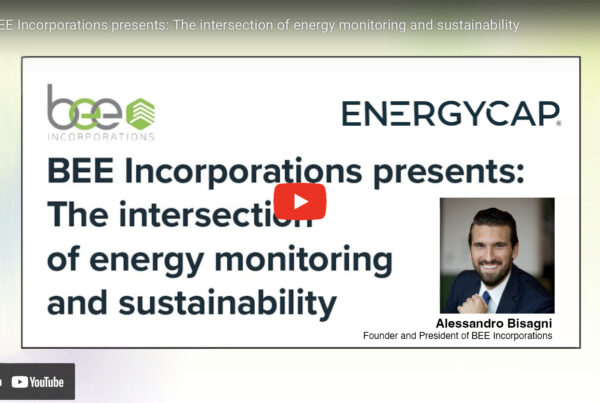Next time you’re in the supermarket, check out the list of ingredients of every product on the shelf. Whether it be bread, pasta, toothpaste, chewing gum, soap, shampoo, detergent, cosmetics, chocolate, ice cream, biscuits, peanut butter, instant noodles, and many, many others—one thing is in common among them: they all contain palm oil.
In fact, almost half of all processed foods being sold today lists palm oil as their ingredients.
Currently, Malaysia and Indonesia are the top producer of this oil. The world depends on these two countries for all its palm oil needs, so that all those abovementioned products and many more can be smoothly and happily manufactured. The big problem is that palm oil’s use is so widespread that big corporations are actually clearing rainforests to make way for new palm plantations.
In the ‘80s, Indonesia was happy to clear only 674,000 acres for palm plantations. Now that the country has determinedly beaten Malaysia, an estimated 13 to 18 million hectares of tropical forest will be dedicated to palm farms by 2020.
Clearing Our Forest
An acre of clear-cut, wasted forest is already something to cry about, how much more 18 million hectares? That’s never a good thing because:
- we’re destroying the natural habitat of animals and other wildlife there,
- We’re depriving the animals of their food source (they cannot live on a diet of palm tree leaves and fruits), forcing to seek out villages where food is available.
- we’re making these animals an easy target for poachers because now that the trees are gone, they’re more exposed and accessible
- we’re messing up the natural biodiversity of that area by insisting on just one type of plant (i.e. palm trees)
- we’re also accelerating global warming when we burn down forests, sending huge billows of carbon dioxide into the atmosphere.
- we’re seriously disfiguring our rainforests in a matter of hours and days, ignoring the fact that those trees took decades and centuries to thrive and grow to their present state.
Why Are We Using Palm Oil Anyway?
Palm oil’s versatility and unique properties make it an invaluable ingredient in food, household products, and cosmetics.
First of all, palm trees have such high yield, as much as 4 to 10 times more oil than other crops per unit of cultivated land. According to WWF, palm oil is the stuff that makes bread and ice cream creamy, gives chocolates their appetizing sheen, makes lipstick glide across our lips smoothly without the unpleasant taste, adds the conditioning agent in shampoos, allows soap to dissolve oil and dirt, and pre-cooks our instant ramen so we only have to add water.
Even at high temperatures, palm oil maintains its properties. And it also has a natural preservative for prolonging the shelf life of products.
Simply put, the food and cosmetic industry is what they are today because of palm oil. Replacing palm oil with other substitute just won’t do, because no other oil have those unique properties.
Saving Our Forests
Palm oil is not really the evil here. How it’s sourced and produced is what gives it a bad rap. Thankfully, there are better sustainable alternatives.
So what can we do about this issue of palm oil?
Make informed choices. Look for the RSPO label (Roundtable on Sustainable Palm Oil) or the Green Palm label to make sure the products you buy use sustainable palm oil. Buying certified products also gives proceeds to growers so they can make the switch from traditional palm oil farming to a more sustainable method of farming.
Even better, switch to alternative products that don’t rely on palm oil.
Voice it out. Manufacturers do listen, and they feel pressured. Especially in this day of social media networks, we are more empowered than ever to voice out our concerns and complaints to the big corporations. Greenpeace for instance successfully carried out its Tiger Manifesto, which seeks to protect the forests of Sumatra and the endangered tigers being forced out of their homes just to make more palm farms.
Talk to your neighborhood grocery. Most supermarkets and grocery stores don’t mind carrying products that use unsustainable palm oil simply because they don’t know what’s been happening. If shop owners are enlightened, they just might refuse to let those unsustainable products on their shelves. That sends a strong message to the manufacturers.
Spread the news. Tell your friends, family, loved ones, even acquaintances about how our dependence on palm oil is killing the rainforests. Who knows just how much you might inspire them.












RSPO Segregated and Identity Preserved Supply Chains guarantee a product contains sustainable palm oil / palm kernel oil.
RSPO Mass Balance and GreenPalm carry a supporting claim, they do guarantee the product contains sustainable palm.